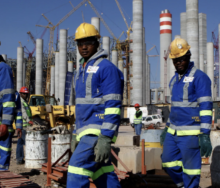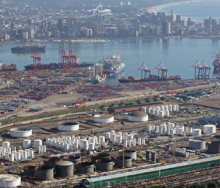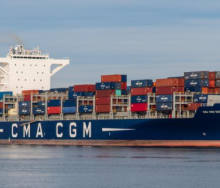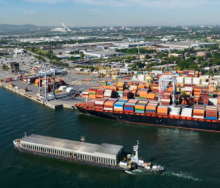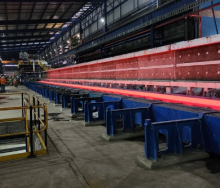The National Department of Public Works and Infrastructure has embarked on a project to improve the skills of small businesses wanting to be considered for infrastructure projects by main contractors.
The project, which started yesterday, includes road and other logistics development contracts.
The relevant minister, Sihle Zikalala, said they were in the Eastern Cape recently to see how the project could be rolled out.
Unfortunately, apart from legitimate barriers to business, the construction industry in South Africa is plagued by criminal interference.
The so-called "construction mafia" extorts money by claiming to represent communities around developments and demand up to a third of the value of the contract as compensation to communities whose residents have not been considered for employment through awarded contracts.
These groups represent themselves as "forums", negotiating for overlooked communities.
But business contends that they do not have any formal mandate to represent communities and are not stakeholders to be negotiated with.
"We see that the big contractors use larger businesses as sub-contractors to fulfil contracts and do not consider small businesses from neighbouring communities, claiming they do not have the relevant expertise," Zikalala said.
"These forums then step into the gap as 'negotiators.'"
Ironically, before Zikalala became a minister in Cyril Ramaphosa’s cabinet last year, he served as premier of KwaZulu-Natal, a province at the epicentre of the construction mafia problem.
It is estimated that about 183 public works contracts have been affected by threats from the different "forums" around the country.
These projects are worth tens of billions of rands, hobbling the economy because of stalled developments resulting from the interference of 'community forums'.
No further details were given about how long the upskilling from Zikalala’s department, which is still in the planning phase, will take to implement.
Recently, the CEO of Business Unity South Africa, Cas Coovadia, highlighted the involvement of these groups as a leading factor hampering economic growth.
The private sector has pledged to help the authorities to overcome the scourge of criminal interference affecting economic development.


